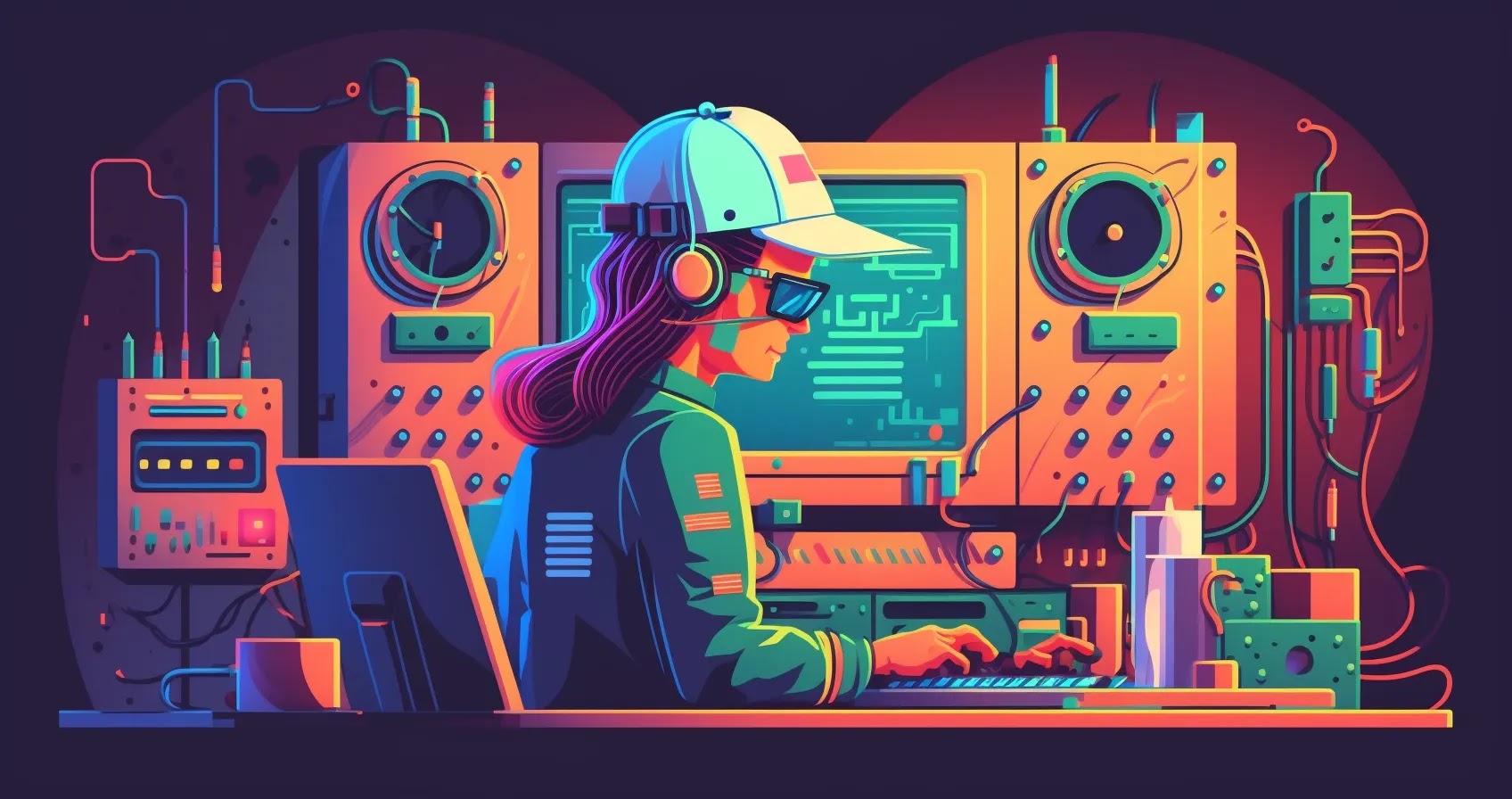Integration Engineer is a specialized job that involves integrating different software and hardware systems together to make them work seamlessly.
Whether it is a computer network, a mobile application, or a complex enterprise system, an Integration Engineer is responsible for ensuring that all the components are properly integrated and functioning as per the requirements.

Reasons to become an Integration Engineer
Integration Engineering is a challenging and rewarding career that requires a combination of technical skills and problem-solving abilities. Here are some reasons why you should consider becoming an Integration Engineer:
- High demand: With the increasing complexity of modern software systems, the demand for Integration Engineers is on the rise. The job market is very competitive, and companies are always looking for skilled Integration Engineers to join their teams.
- Excellent pay: Integration Engineers are highly paid due to their specialized skills and expertise. According to Payscale, the average salary of an Integration Engineer in the US is $87k per year.
- Career growth: Integration Engineering is a field with a lot of potential for career growth. With experience, you can move up the ladder to become a Senior Integration Engineer or even a Technical Architect.
How to become an Integration Engineer
If you are interested in becoming an Integration Engineer, here are some steps you can take:
- Educational qualifications: A degree in Computer Science, Information Technology, or a related field is usually required. Some employers may also prefer candidates with a Master’s degree.
- Technical skills: You will need to have a strong foundation in programming languages such as Java, C#, and Python. You should also be familiar with databases, APIs, and web services.
- Work experience: Most employers prefer candidates with at least 2-3 years of experience in software development, systems integration, or a related field.
- Certifications: While not always required, certifications such as Microsoft Certified Solutions Developer (MCSD) or Red Hat Certified Engineer (RHCE) can help you stand out from the competition.
Skills for Integration Engineers
Integration Engineers require a unique set of technical and soft skills to succeed in their roles. Here are some essential skills:
- Strong analytical and problem-solving skills
- Excellent communication and interpersonal skills
- Ability to work under pressure and meet deadlines
- Attention to detail and ability to identify and resolve issues quickly
- Ability to work independently and as part of a team.
Career development for Integration Engineers
The path to career growth for Integration Engineers usually involves taking on more complex projects and assuming leadership roles. Some common career paths for Integration Engineers include:
- Senior Integration Engineer
- Technical Architect
- Project Manager
- Enterprise Architect
Requirements for Integration Engineers
Most employers require the following qualifications for Integration Engineers:
- Bachelor’s or Master’s degree in Computer Science, Information Technology or a related field
- 2-3 years of experience in software development, systems integration, or a related field
- Strong analytical and problem-solving skills
- Experience with programming languages such as Java, C#, and Python
- Experience with databases, APIs, and web services
- Excellent communication and interpersonal skills
- Ability to work under pressure and meet deadlines.
Interview preparation for Integration Engineers
Here are some tips to help you prepare for an Integration Engineering interview:
- Research the company and the position
- Review your technical skills and brush up on any areas where you feel weak
- Prepare examples of past projects or work experience that demonstrate your skills and problem-solving abilities
- Be prepared to answer questions about your experience with programming languages, databases, APIs, and web services
- Practice your communication and interpersonal skills
Work-life balance for Integration Engineers
Integration Engineering can be a demanding job, but it is possible to maintain a healthy work-life balance. Here are some tips:
- Set boundaries and prioritize your tasks
- Take breaks and practice self-care
- Stay organized and manage your time efficiently
- Communicate with your team and manager about your workload and any concerns you may have
A day in the life of an Integration Engineer
Here’s a typical day in the life of an Integration Engineer:
| Time | Task |
|---|---|
| 9:00 AM | Check emails and review the day’s tasks |
| 10:00 AM | Attend a team meeting to discuss project progress and any issues |
| 11:00 AM | Work on integrating a new software system with an existing one |
| 1:00 PM | Lunch break |
| 2:00 PM | Collaborate with developers to troubleshoot and resolve integration issues |
| 4:00 PM | Document integration processes and procedures |
| 5:00 PM | Wrap up and plan for the next day |
Types of integration engineer:
- Industrial Integration Engineers
- Grid Integration Engineer
- Systems integration engineer
- Automation Integration Engineer
- Dimensional Integration Engineer
- Control Integration Engineer
- Senior Integration Engineer
FAQs
What is the job outlook for Integration Engineers?
2. What are some common challenges faced by Integration Engineers?
Some common challenges faced by Integration Engineers include dealing with legacy systems, managing dependencies, and ensuring compatibility across different platforms and devices.
3. What are some essential skills for Integration Engineers?
Some essential skills for Integration Engineers include strong analytical and problem-solving skills, excellent communication and interpersonal skills, and the ability to work under pressure and meet deadlines.
Wrapping up
Integration Engineering is a challenging and rewarding career that requires a unique set of technical and soft skills.
If you have a passion for problem-solving and enjoy working with complex systems, then becoming an Integration Engineer may be the right career path for you.










